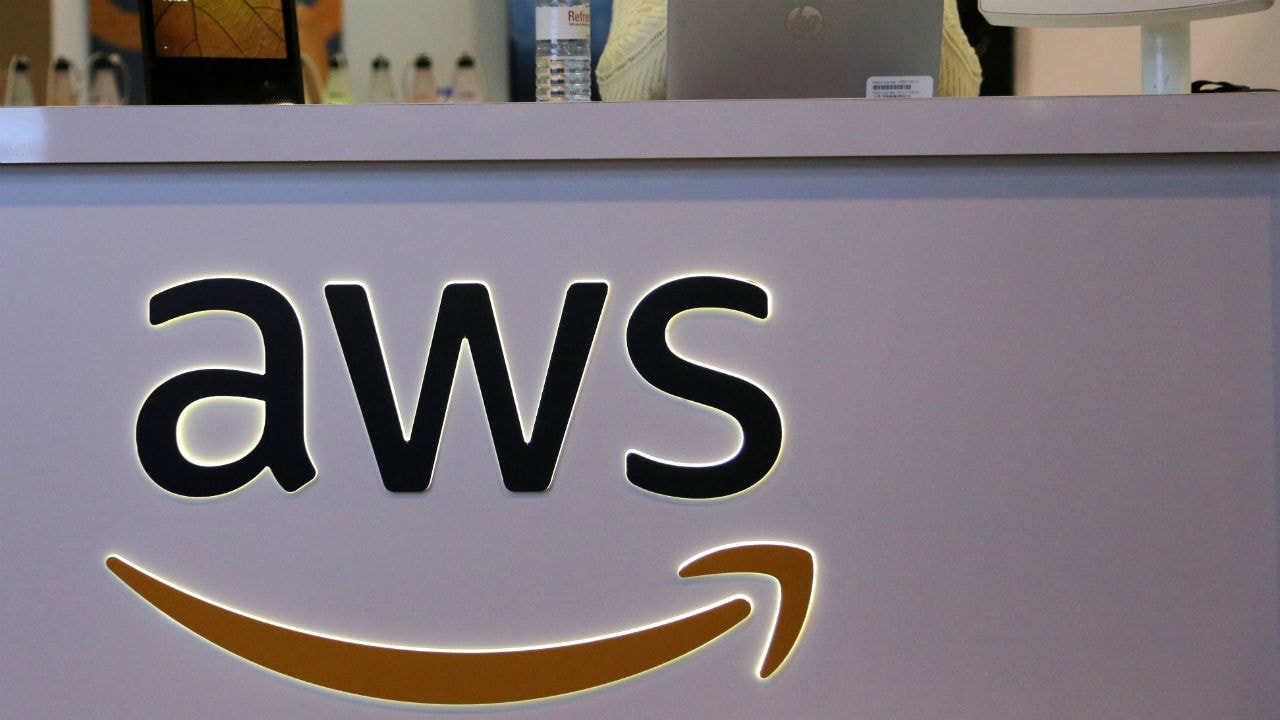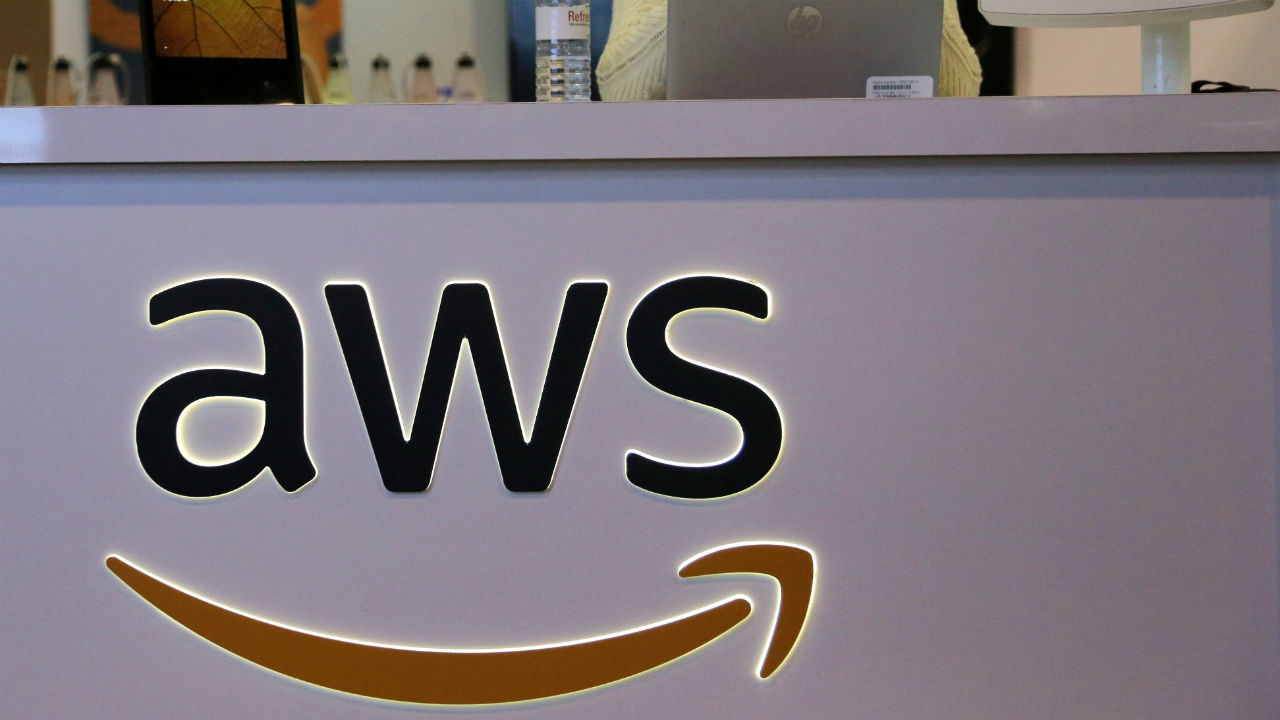Elastic, a software startup in Amsterdam, was rapidly building its business and had grown to 100 employees. Then Amazon came along. In October 2015, Amazon’s cloud computing arm announced it was copying Elastic’s free software tool, which people use to search and analyse data, and would sell it as a paid service. Amazon went ahead even though Elastic’s product, called Elasticsearch, was already available on Amazon. Within a year, Amazon was generating more money from what Elastic had built, than the startup, by making it easy for people to use the tool with its other offerings. So Elastic added premium features last year and limited what companies like Amazon could do with them. Amazon duplicated many of those features anyway and provided them free. In September, Elastic fired back. It sued Amazon in federal court in California for violating its trademark because Amazon had called its product by the exact same name: Elasticsearch. Amazon “misleads consumers,” the startup said in its complaint. Amazon denied it had done anything wrong. The case is pending. Not since the mid-1990s, when Microsoft dominated the personal computer industry with Windows, has a technology platform instilled such fear in competitors as Amazon is now doing with its cloud computing arm. While cloud computing may appear obscure, it has grown into one of the technology industry’s largest and most lucrative businesses, offering computing power and software to companies. And Amazon is its single-biggest provider. [caption id=“attachment_7463981” align=“alignnone” width=“1280”] Image: Reuters[/caption] Amazon has used its cloud computing arm — called Amazon Web Services, or AWS — to copy and integrate software that other tech companies pioneered. It has given an edge to its own services by making them more convenient to use, burying rival offerings and bundling discounts to make its products less expensive. The moves drive customers toward Amazon, while those responsible for the software may not see a cent. Even so, smaller rivals said they have little choice but to work with Amazon. Given the company’s broad reach with customers, startups often agree to its restrictions on promoting their own products and voluntarily share client and product information with it. For the privilege of selling through AWS, startups pay a cut of their sales back to Amazon. Some of the companies have a phrase for what Amazon is doing: strip-mining software. By lifting other people’s innovations, trying to poach their engineers and profiting off what they made, Amazon is choking off the growth of would-be competitors and forcing them to reorient how they do business, the companies said. All of this has fueled scrutiny of Amazon and whether it is abusing its market dominance and engaging in anti-competitive behaviour. The company’s tactics have led several rivals to discuss bringing antitrust complaints against it. And regulators and lawmakers are examining its clout in the industry. AWS is just one prong of Amazon’s push to dominate large swaths of the US industry. The company has transformed retailing, logistics, book publishing and Hollywood. But what Amazon is doing through AWS is arguably more consequential. The company is the unquestioned market leader — triple the size of its nearest competitor, Microsoft — in the seismic shift to cloud computing. Millions of people unknowingly interact with AWS every day when they stream movies on Netflix or store photos on Apple’s iCloud, services that run off Amazon’s machines. Jeff Bezos, Amazon’s chief executive, once called AWS an idea “no one asked for.” The service began in the early 2000s when the retailer struggled to assemble computer systems to start new projects and features. Once it built a common computer infrastructure, Amazon realized other companies needed similar capabilities. Now companies like Airbnb and General Electric essentially rent computing from Amazon — otherwise known as using the “cloud” — instead of buying and running their own systems. Businesses can then store their information on Amazon machines, pluck data from them and analyse it. For Amazon itself, AWS has become crucial. The division generated $25 billion in sales last year and is Amazon’s most profitable business. But in interviews with more than 40 current and former Amazon employees and those of rivals, many said the costs of what the company was doing with AWS were hidden. They said it was hard to measure how much business they had lost to Amazon or how the threat of Amazon had turned off would-be investors. Many spoke on the condition of anonymity for fear of angering the company. [caption id=“attachment_4247323” align=“alignnone” width=“1280”]
 Representational image.[/caption] Now regulators are approaching some of Amazon’s software rivals. The House Judiciary Committee, which is investigating the big tech companies, asked Amazon in a September letter about AWS’ practices. The Federal Trade Commission, which is also investigating Amazon, has questioned AWS competitors, according to officials. When Amazon Web Services began last decade, Amazon was struggling to turn a consistent profit. Startups embraced AWS. They saved money because they did not need to buy their own computing equipment, spending only on what they used. Soon more companies flocked to Amazon for computing infrastructure and, eventually, the software that ran on its machines. In 2009, Amazon established a template for accelerating AWS’ growth. That year, it introduced a service for managing a database, which is critical software to help companies organise information. The AWS database service, an instant hit with customers, did not run software that Amazon created. Instead, the company plucked from a freely shared option known as open source. Technologists initially paid little attention to what Amazon had done with database software. Then in 2015, Amazon copied Elasticsearch and offered its competing service. This time, heads turned. “There was a company that built a business around an open-source product that people like using, and suddenly they have a competitor using their own stuff against them,” said Todd Persen, who started a non open-source software company this year so there was “zero chance” that Amazon could lift his creations. Again and again, the open-source software industry became a well that Amazon turned to. When it copied and integrated that software into AWS, it did not need permission or have to pay the startups for their work. That left little recourse for many of these companies, which could not suddenly start charging money for what was free software. Some instead changed the rules around how their wares could be used, restricting Amazon and others who want to turn what they have created into a paid service. Last year, MongoDB, a popular technology for organising data in documents, announced that it would require any company that manages its software as a web service to freely share the underlying technology. The move was widely viewed as a hedge against AWS, which does not openly share its technology for creating new services. AWS soon introduced its own technology with the look and feel of MongoDB’s older software, which did not fall under the new requirements. By the time AWS held its first developer conference in 2012, Amazon was no longer the only big player in cloud computing. Microsoft and Google had introduced competing platforms. So Amazon unveiled more software services to make AWS indispensable. Amazon has since added AWS services at a blistering pace, going from 30 in 2014 to about 175 as of December. It also built in a home-field advantage: simplicity and convenience. Customers can add new AWS services with one click and use the same system to manage them. The new service is added to the same bill, while using a non-Amazon service on AWS is more complicated. Saket Saurabh, chief executive of the startup Nexla, said he signed his startup to work with Amazon in September. The reason? Amazon’s giant sales teams can give his data-processing and monitoring service access to a vast audience. “What choice do we have?” he said. Daisuke Wakabayashi c.2019 The New York Times Company
Representational image.[/caption] Now regulators are approaching some of Amazon’s software rivals. The House Judiciary Committee, which is investigating the big tech companies, asked Amazon in a September letter about AWS’ practices. The Federal Trade Commission, which is also investigating Amazon, has questioned AWS competitors, according to officials. When Amazon Web Services began last decade, Amazon was struggling to turn a consistent profit. Startups embraced AWS. They saved money because they did not need to buy their own computing equipment, spending only on what they used. Soon more companies flocked to Amazon for computing infrastructure and, eventually, the software that ran on its machines. In 2009, Amazon established a template for accelerating AWS’ growth. That year, it introduced a service for managing a database, which is critical software to help companies organise information. The AWS database service, an instant hit with customers, did not run software that Amazon created. Instead, the company plucked from a freely shared option known as open source. Technologists initially paid little attention to what Amazon had done with database software. Then in 2015, Amazon copied Elasticsearch and offered its competing service. This time, heads turned. “There was a company that built a business around an open-source product that people like using, and suddenly they have a competitor using their own stuff against them,” said Todd Persen, who started a non open-source software company this year so there was “zero chance” that Amazon could lift his creations. Again and again, the open-source software industry became a well that Amazon turned to. When it copied and integrated that software into AWS, it did not need permission or have to pay the startups for their work. That left little recourse for many of these companies, which could not suddenly start charging money for what was free software. Some instead changed the rules around how their wares could be used, restricting Amazon and others who want to turn what they have created into a paid service. Last year, MongoDB, a popular technology for organising data in documents, announced that it would require any company that manages its software as a web service to freely share the underlying technology. The move was widely viewed as a hedge against AWS, which does not openly share its technology for creating new services. AWS soon introduced its own technology with the look and feel of MongoDB’s older software, which did not fall under the new requirements. By the time AWS held its first developer conference in 2012, Amazon was no longer the only big player in cloud computing. Microsoft and Google had introduced competing platforms. So Amazon unveiled more software services to make AWS indispensable. Amazon has since added AWS services at a blistering pace, going from 30 in 2014 to about 175 as of December. It also built in a home-field advantage: simplicity and convenience. Customers can add new AWS services with one click and use the same system to manage them. The new service is added to the same bill, while using a non-Amazon service on AWS is more complicated. Saket Saurabh, chief executive of the startup Nexla, said he signed his startup to work with Amazon in September. The reason? Amazon’s giant sales teams can give his data-processing and monitoring service access to a vast audience. “What choice do we have?” he said. Daisuke Wakabayashi c.2019 The New York Times Company
For Amazon itself, AWS has become crucial. The division generated $25 billion in sales last year and is Amazon’s most profitable business.
Advertisement
End of Article


)
)
)
)
)
)
)
)
)



